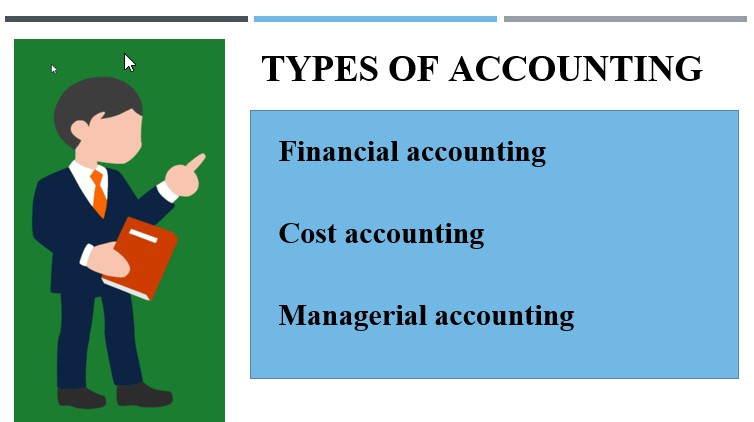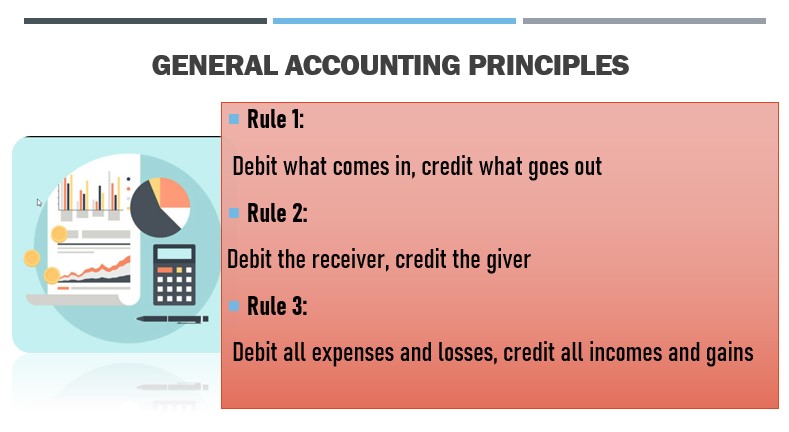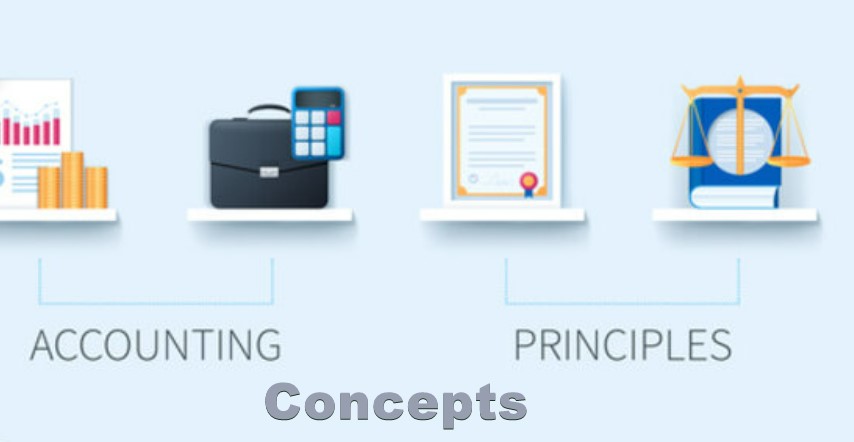The concepts of accounting are explained in simple language . In order to understand the concept of Accounting Principles and Concept, it is very important to learn about the various general accounting principles. This short article has been written to help the readers understand the meaning of the terms and the principles.
The Accounting Principles and Concepts is a complete accounting package for non-accountants. Can also be learned for College Assignment Solutions . It is a self-study course that teaches you the basic principles of accounting. You get to study at your own pace and in your own time.
What is Accounting?
Accounting is the methodical process of gathering, evaluating, and interpreting financial data for your company. Accounting is a tool used by business owners to keep track of their financial activities, fulfil legal requirements, and produce better business decisions. In bookkeeping, these entries are utilized.
According to the rules set forth by the auditors and other governing agencies, the accountants create the books of accounts. The accountants may adhere to IFRS (International Financial Reporting Standards) or generally accepted accounting principles (GAAP).
An analyst can gain a good picture of the company’s financial status by reading the book of accounts. Therefore, the book of accounts is required to determine the firm valuation for publicly traded corporations.
How Accounting Works?
One of the most crucial things a firm does is accounting. The financial statements of a big company provide an overview of its operations, financial situation, and cash flows during a specific time period. Lots of Accounting Principles and Concept in working area and After accounting for all the transactions based on hundreds of separate financial transactions, these are brief reports.
Therefore, all Accounting Assignment Help qualifications demand a specific number of years of practical accounting experience in addition to years of education and challenging tests. Concise and consolidated reports are based on thousands of distinct financial transactions that make up the financial statements that sum up a huge company’s operations, financial status, and cash flows during a specific time period.
Because of this, all professional accounting designations are the result of many years of education, demanding exams, and at least a few years of real-world accounting experience.
History of Accounting?
Ancient civilizations are where accounting and accountancy first emerged. Accounting Principles and Concept was not so much developed at that time. Early auditing systems created by the ancient Egyptians and Babylonians, as well as the creation of writing, counting, and money, all date to ancient Mesopotamia
Early advances in writing, counting, and money were all closely tied to the early history of accounting. There is proof that Mesopotamia played a significant role in the early development of accounting and money, namely the move from tangible to abstract counting, which was a crucial stage in the evolution of counting.
In the more than 7,000-year-old ruins of ancient Babylon, Assyria, and Sumeria, further early accounting documents were also discovered. To keep track of the development of crops and herds, the people of that era used crude accounting techniques. It was simple to count and establish if a surplus had been achieved once the crops had been harvested or the young animals had been weaned because farming and herding had a natural season.
Types of Accounting to Know
There are mainly three types of accounting – Financial accounting, cost accounting, managerial accounting.

Financial Accounting:
The summaries of all financial transactions that took place during a certain accounting period are included in the balance sheet, income statement, and cash flow statement. Financial accounting is the process of creating quarterly and annual financial statements.
The majority of firms have an independent CPA company audit their annual financial records. Audits are needed of some entities, such as publicly traded firms. Lenders often demand the annual findings of an external audit as part of their loan covenants. Therefore, for whatever reason, the majority of organisations will conduct annual audits.
Cost Accounting:
Cost-related decisions are made after taking cost accountants’ insights into account. All manufacturing costs are examined via cost accounting. The relevant managers utilise the costing decisions to assess the products’ feasibility and enhance the costing judgments.
Managerial Accounting:
Many of the same data are used by both financial accounting and managerial accounting, but they are organised and used in different ways. For practical insights in managerial accounting, the accountant must create periodic reports.
What are general accounting principles ?

Rule 1: Debit what comes in, credit what goes out
For actual accounts, this regulation is applicable. Real accounts include items like furniture, land, buildings, machines, etc. They have a debit balance by default. Debiting what is coming in as a result increases the balance of the current account. Similar to this, crediting what departs the company when a tangible asset does so lowers the account balance.
Rule 2: Debit the receiver, credit the giver
The personal accounts are covered by this rule. When a person, whether real or made up, provides something to the organisation, it counts as an inflow and the donor needs to be acknowledged in the records. The receiver must, however, be credited.
Rule 3: Debit all expenses and losses, credit all incomes and gains
Nominal accounts are covered under this rule. Capital is a company’s liability. It consequently has a credit balance. The capital will rise if all earnings and gains are credited. On the other side, when losses and expenses are debited, the capital decreases.
Why Accounting Is Important?
Accounting is essential to running a business because it makes it possible to keep track of income and expenses, ensures legal compliance, and gives investors, management, and the government access to quantitative financial data that can be used to make choices. Because it preserves and improves a business’s financial stability, it can be applied to daily life. The ability to track financial income and expenditures, manage operations, and maintain statutory compliance are all critical aspects of running a corporation that can be utilised to inform business decisions.
Example of Accounting?
The planning, counselling, and reporting of income taxes are a few instances of accounting tasks in the Accounting Principles and Concept . The examination of firms’ and other organisations’ financial statements. Giving broad guidance on business matters. Individual financial planning.
What Are the Responsibilities of an Accountant?
Accountants assist firms in maintaining accurate and current financial records. Business transactions are distilled by account ants into a variety of financial statements. The preparation of reports that the senior management can use is another responsibility of the accountants.
What Skills Are Required for Accounting?
People of all ages and backgrounds pursue careers as accountants. However, in general, accountants must pay special attention to the fine print in order to identify and correct inconsistencies or inaccuracies in a company’s financial statements. A rational mind is necessary for problem-solving as well. Math abilities are less significant than they once were because computers and calculators are so widely available.
Why Is Accounting Important for Investors?
Accountants’ labour is the foundation of contemporary financial markets. Without accounting, business executives wouldn’t have the knowledge they need to manage risks and plan initiatives, and investors wouldn’t be able to believe that financial information is accurate or up-to-date.
Regulators value accountants since they provide auditors’ comments on yearly ten thousand report. Even though it is occasionally disregarded, accounting plays a crucial role in contemporary finance.
The Fundamentals of Corporate Finance and Accounting
Record keeping, accounting’s main purpose, is one of the subject’s foundational concepts. When storing and keeping information, a corporation must follow industry standards to ensure that it can be retrieved when required. Records must be stored completely and accurately in order to serve all transaction-related functions.
With the use of accounting principles and concepts, many of the terms used in the world of accounting can be better understood.
Conclusion
This article has helped you to provide the basics of accounting principles and concepts. You should have known general accounting principles as well . They are useful for your accounting study as well as profession in coming future
